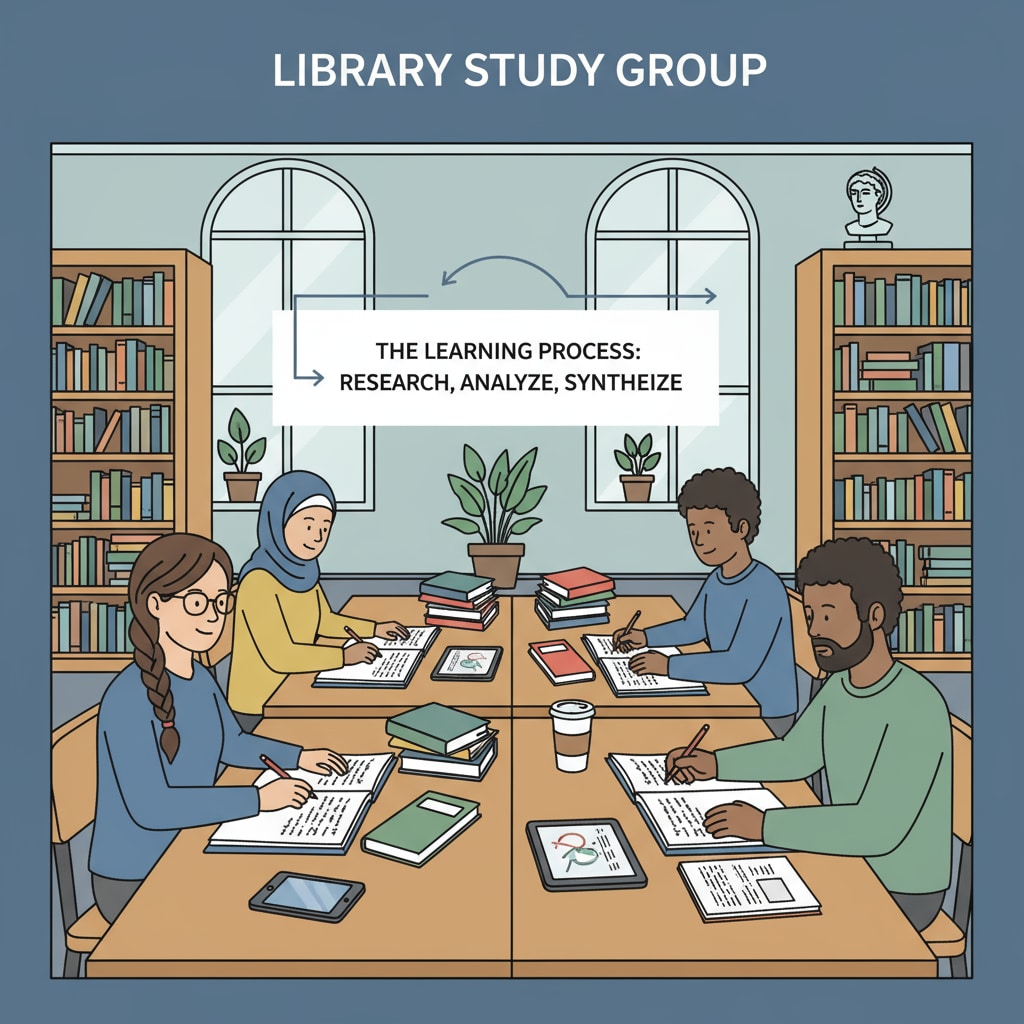High school is a crucial stage in a student’s educational journey, but unfortunately, some students may encounter situations where their academic performance takes a nosedive, leading to educational gaps and a lack of essential key skills. However, all is not lost. There are effective strategies to help these students restart their learning engines and get back on the path to success.

Adjusting the Mindset: The First Step to Recovery
When high school grades start to slip, it’s common for students to feel discouraged, frustrated, or even hopeless. But a positive mindset is the foundation for any educational comeback. Students need to understand that a temporary setback doesn’t define their academic future. For example, they can look at successful people who faced similar challenges in their youth but overcame them through perseverance. According to Psychology Today, a growth mindset allows individuals to see failures as opportunities for growth. So, students should embrace their mistakes as chances to learn and improve.

Reconstructing Learning Methods: Finding What Works
One of the reasons for high school academic failure could be ineffective learning methods. Students may have been relying on rote memorization instead of truly understanding the material. To address this, they need to explore different learning techniques. For instance, they can try the Cornell Note – taking system, which helps organize information for better retention. Additionally, forming study groups can be beneficial as it allows for peer – to – peer learning and discussion. As stated on Verywell Mind, active learning strategies like summarizing, teaching others, and self – testing are more effective than passive methods. By reconstructing their learning methods, students can fill in the educational gaps and enhance their key skills.
Another aspect of learning method reconstruction is time management. Many students struggle with procrastination, which can severely impact their grades. Creating a detailed study schedule and setting realistic goals can help them stay on track. For example, allocating specific time slots for each subject and taking regular breaks to avoid burnout.
Readability guidance: As we can see, adjusting the mindset and reconstructing learning methods are two crucial steps in the process of educational recovery. In the next part, we will focus on developing key skills that are essential for high school success.
Cultivating Key Skills: The Foundation for Success
Beyond improving grades, students need to develop key skills such as critical thinking, communication, and problem – solving. Critical thinking helps students analyze information, question assumptions, and make informed decisions. They can practice this skill by engaging in debates or analyzing complex texts. Good communication skills are also vital, whether it’s expressing ideas in class discussions or writing clear essays. Problem – solving skills enable students to handle academic challenges effectively. By cultivating these key skills, students not only improve their current academic situation but also prepare themselves for future educational and career endeavors.
In conclusion, high school academic failure is not the end of the road. By focusing on high school grades, addressing educational gaps, and developing key skills, students can restart their learning journey and achieve academic success. With the right mindset, learning methods, and key skills in place, they can overcome the setbacks and build a solid foundation for their future.


